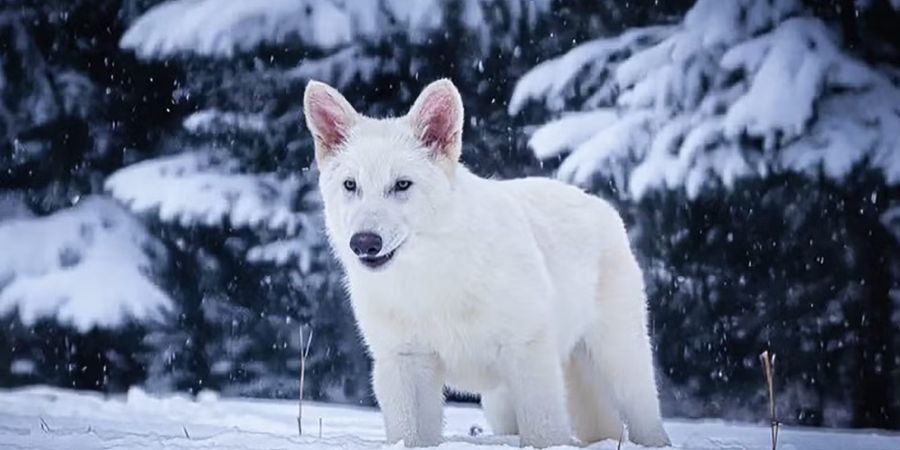In a groundbreaking moment for genetic technology, Dallas biotech company Colossal Biosciences announced the birth of three genetically modified wolf pups that would possess qualities close to those of the extinct dire wolf. The three pups, Romulus, Remus, and Khaleesi, were born from domesticated dog surrogates and are raised in a 2,000-acre sanctuary.
The research was motivated by the dire wolf (Aenocyon dirus), a subspecies which went extinct over 12,000 years ago. Colossal scientists teamed up with DNA material from ancient fossils—a tooth that is 13,000 years old and a skull that is 72,000 years old—to rebuild pieces of the genome of the extinct dire wolf. Genomic code instructed the editing process, in which CRISPR technology was used to edit 14 genes from modern gray wolf DNA. The changes were for features shared by dire wolves, such as greater size, increased muscularity, and special fur characteristics.
The changed DNA was used to create embryos that were implanted into surrogate dogs, which gave rise to the pups. Colossal reports the achievement as a milestone toward “de-extinction,” an unpopular scientific pursuit whose objective is to bring back extinct animals or their functional analogs through genetic manipulation.
Most, however, warning that puppies cannot be named genuine dire wolves. Specialists have noted that the gray wolves and the dire wolves separated evolutionally millions of years ago, and they cannot make copies of the complete complexity of the original kind by altering several genes. University of Buffalo biologist Vincent Lynch explained to us that the genetically engineered wolves are closer to genetically engineered gray wolves than they would have been to real dire wolves and can’t possibly occupy the extinct animal’s original ecological niche.
Even as a moral issue—a hypothetical threat to the environment and redirecting funds from other conservation programs—Colossal again repeats its broader goal. Colossal has a de-extinction mission like it too, namely restoring the woolly mammoth and the dodo. Doing so, according to Colossal, hopes to have science accompany bringing back biodiversity.




